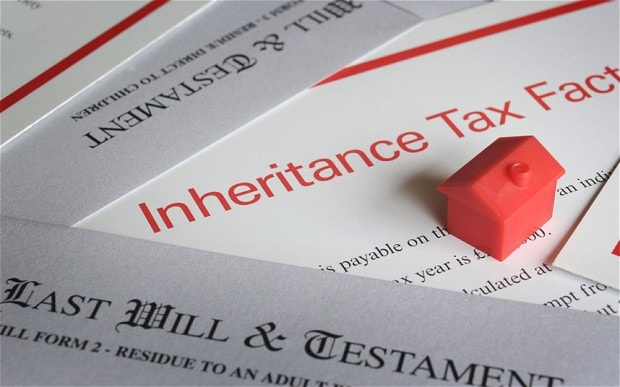Expats are caught in the web of cross-border tax when they make the choice to live outside the country where they were born.
Buying a home pulls the complicated tangle of rules even tighter.
Issues like domicile, tax residence and what happens when you die are unlikely to be at the forefront of your mind when you choose a dream home in the sun for your retirement.
Even deciding to move permanently rather than have a holiday home abroad makes big differences to an expat’s tax and legal status.
Whose law decides what happens for expats?
Under international law, immoveable assets belonging to British expats, such as homes, are dealt according to the succession rules of the country where they are located.
Movable assets, like money in the bank, come under the succession rules of the place where the expat is considered domiciled.
This is not the way for every country – some countries demand the whole estate is dealt with under a single legal jurisdiction.
In the EU – except Britain, Ireland and Denmark – expats can either have their estates dealt with in the country where they live or in the UK.
This has an advantage of expats being able to pick the most benign tax system to deal with their estates.
Post-Brexit is a little more complicated. The likely outcome is a British expat with a home in Spain will have the property administered under local succession laws.
Where does an expat live?
Habitual residence is a key term and applies to the place where an expat calls home.
But if an expat has a couple of holiday homes in different countries and regularly moves between them, how do the courts decide which is the main home?
Tax residence and domicile do not really help.
The risk is family and loved ones will want different outcomes so they inherit more and will try to assert a place in their favour was home even if more time was spent somewhere else.
One recurring problem is couples with different nationalities often buy property in one partner’s home country while the other retains property in their home country. This can trigger family disputes after one partner dies over which was their main home.
A will is not always the way
The style of ownership can complicate tax and inheritance for expats.
In Britain, couples can own property as joint tenants or tenants in common.
For joint tenants, ownership on death of the first partner automatically passes to the surviving partner but the transfer is still subject to inheritance tax.
For tenants in common, each owns a specific share in the property, which can be anything from 1% to 99%. Each owner can opt to leave their share to whoever they wish in their will.
Other countries have different property ownership laws for couples.
In some, couples jointly own each other’s assets, while others consider assets acquired before the marriage as separately owned and assets acquired after the marriage jointly owned.
These rules may ignore British tenancy in common property ownership and deem a home is split into shares instead.
Who pays inheritance taxes?
In most countries, tax on an estate is almost inevitable and the only question is who pays?
In Britain, the value of someone’s assets is totted up on death, then the estate settles any debts and pays inheritance tax.
Not so in many other countries.
Instead, the person inheriting pays tax on their share of the estate. Generally, this is on a sliding scale linked to the percentage share of the estate the law in that country says that they should inherit.
Double taxation treaties may come into play so beneficiaries do not pay tax twice on the same inheritance.
Don’t trust in a trust
Britain has a legal system based on common law, while other countries obey civil law.
The basic difference is British law is modified by the courts, while civil law is governed by statute.
This creates an odd place for the concept of trusts under common law as civil law generally does not recognise them and applies harsh tax rules to them.
Trusts are not only devices to hold property, but can be used for pensions and investments as well.
Civil law jurisdictions do have their own form of trusts, called usufructs, which have complicated tax rules and are often not recognised in Britain as trusts.
Expats – Wills and estate planning
Often the best way to deal with estate planning is for expats to have a will in each country where they have immoveable property.
The issue is setting up ownership in each jurisdiction that complies with local laws without triggering problems in another jurisdiction.
The best way to do this is to take advice from a qualified tax professional, who may even suggest you take similar advice in more than one country.
